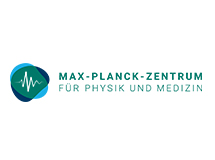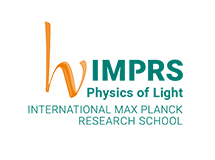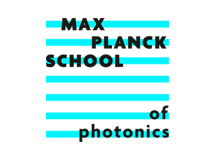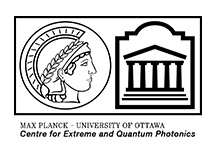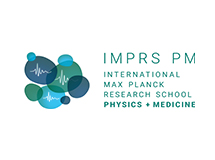A paradigm shift for revolutionizing lab-on-a-chip bioimaging technology
The research project "On-chip tomographic microscopy: a paradigm shift for revolutionizing lab-on-a-chip bioimaging technology" (DISRUPT) is starting with the participation of the research department for Biological Optomechanics under Prof. Jochen Guck, within the EIC Pathfinder Open (HORIZON), the primary EU instrument for interdisciplinary innovation funding.
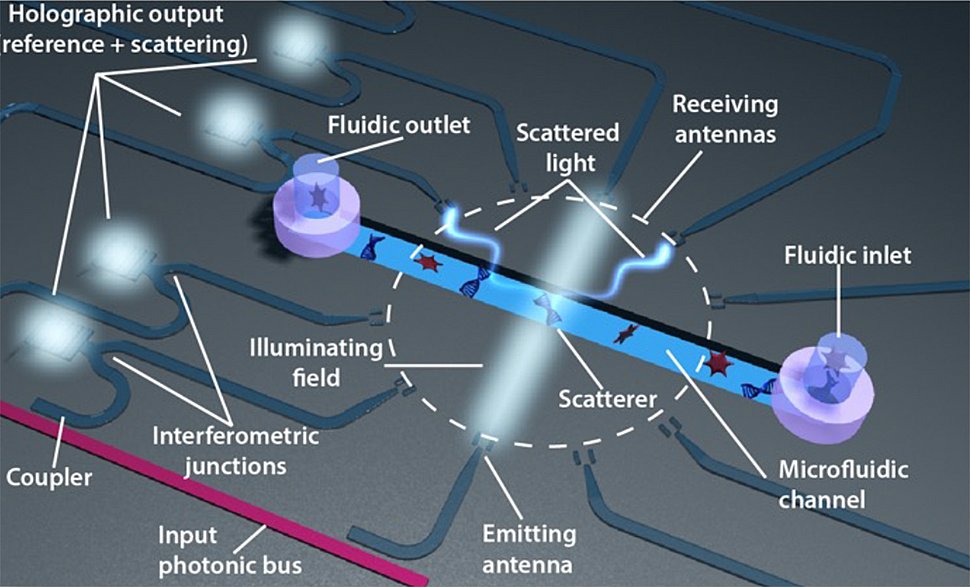
DISRUPT aims to revolutionize biomedical imaging with the development of a radical new lab-on-a-chip technology, integrated tomographic microscopy.
Future applications of this unprecedented biomedical technology range from cell characterization to cancer and infectious disease research and early cancer detection. It will play a major role as a future innovation driver for new developments in many fields of biomedical application.
To achieve this, the science of on-chip wireless photonics and tomography, in combination with microfluidics and artificial intelligence (AI) will be driven forward by the research project DISRUPT. In the mid-term, an experimentally validated laboratory technology is to be established to detect various cancers and identify infected cells. From a technical perspective the CMOS compatibility of this technology represents a paradigm shift, enabling researchers to realize tomographic microscopes that are dramatically cheaper, lighter, and smaller than current approaches. There are also key advantages in terms of resolution, sensitivity, throughput, parallelisation and energy efficiency. Low cost, mechanical robustness and the possibility of mass production make this technology a future innovation driver for new developments in microscopic analysis and diagnostics. The Lab-on-a-chip-technology offers an urgently needed alternative toolset, especially in low-resource settings or telemedicine applications
During its 36-month duration the DISRUPT project consortium brings together leading experts in their respective markets and R&D fields to enable developments related to the fundamental science of the nanoantenna and diffraction tomography, nanophotonics, nanofabrication, microfluidics, artificial intelligence, and clinical validation. Optimal preconditions for the collaboration are the complementary expertise of the participating university, two SMEs, a non-profit organization and two medical cancer research institutes.

